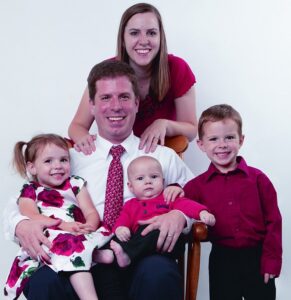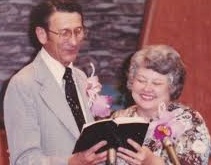Were we to survey a group of serious adults and ask them what is the greatest book ever written, I would expect the answer to be “the Bible.” However, there is really no such thing as “the Bible” except the one settled in Heaven (Psalm 119:89). So, we must clarify which Bible. Which Bible has touched and changed more lives over the centuries than the Authorized King James Version, given to the English-speaking world in the year of our Lord 1611? Which Bible has brought more revivals and literally shaped more nations? Which Bible has gone further, carried by holy hands, and turned on the light in so many dark places? Thousands have taken it to the foreign field; or has it taken them there? This Bible traveled 238,900 miles and was read on the moon! Can anyone, friend or foe, deny that the King James Bible is the greatest book ever written?
Even those who dislike and criticize it must admit that no other book has even come close to changing the world. It is the crowning work and the finished product in the line of blood-bought Bibles that came out of the Protestant Reformation. In a relatively short time, it gained acceptance as “the Bible” by English-speaking Christians, maintaining that status for the next three and a half centuries. It standardized the English language and made truly great nations of those who revered it. Unfortunately, as its influence wanes, so does the goodness and greatness of those nations.
Just think, I don’t have to view the world’s greatest book through thick glass in a museum or search through manuscripts in some dark, depressing monastery. I have a copy in my house, written in my heart language. Of the 7,097 languages spoken today, relatively few have all the scriptures—but mine does! I can understand the words of my Bible or easily learn them. I’m on speaking terms with the Author and ask him for help with the deeper meaning of words! Some argue that the Authorized Version is too archaic. I challenge you to open this Bible at any place and begin reading. See how many pages, chapters, and maybe even entire books you read before you find the first truly archaic word. Of course, you will find some words we don’t commonly use. What book of any value does not have some unfamiliar words that expand our learning? Even archaic words are no problem; there are books that give their meaning. It is amazing; I read a book written more than four centuries ago and it still works just like new! It instructs, convicts, comforts, rebukes, exhorts, and guides. I feel absolutely no need for anything newer! Some suggest that we need a newer version without thou, thee, ye, thy, and thine. In five minutes or less I could teach you that thou is the second person singular subject pronoun, thee is the second person singular object pronoun, and ye is the second person plural subject pronoun. (You is the second person plural object pronoun.) Thy and thine are singular possessive pronouns. (Your is the plural.) Without these forms, we have a less precise translation of the Greek and Hebrew scriptures and are left with an incomplete understanding of some passages.
Someone might say, “What about the inspired original autographs, aren’t they the greatest book? Granted, we would not have our Bible without them, but they were never in one book. They were probably read by very few. And certainly, the autographs did not last as long as the King James Bible has.
Longevity in itself does not make the Authorized Version great, but what other Bible has been loved by so many for so long? How long did the English Revised Version maintain its popularity, or was it ever popular? Do you know anyone that still uses it? It was followed by the American Standard Version, and God’s people, with few exceptions, rejected it, too. How about the RSV, the NRSV, the NASV, the NIV, the NKJV, the ESV or any other? Which Bible will change the world, bless God’s people, produce godly fruit, endure four hundred years, and replace the Authorized Version as the greatest book ever written?
The greatest book ever written is great because it was produced by the greatest group of translators who incorporated the greatest source texts and used the greatest translation techniques in the history of writing!
I ought to daily praise the God of Heaven for giving me a copy of the world’s greatest book! I should thank him over and over that I can have it in my house without fear of being killed! Those who read the Tyndale Bible did so under the penalty of death! I ought to honor the memories of Erasmus, Luther, Tyndale (who was burned at the stake), Coverdale, Rogers (who was burned at the stake by Bloody Mary), Reina, Valera, and many others who sacrificed so much to produce great Bibles in our languages. Thank God for those today who dedicate their lives to the work of Bible translation! Thank God for people today who sacrifice to buy paper, ink, and equipment to produce these precious treasures and even assemble them with their own hands! Thank God for churches that give Bible translation and publishing top priority.
“…For unto whomsoever much is given, of him shall be much required: …” (Luke 12:48). May God help me if I, having the greatest book in the history of mankind, fail to open it. God help me if I have no pity or compassion for the billions who have little or no scripture. God help me if I buy a nice, new Bible every year or two and give nothing to send Bible translators to the mission field. Shame on the church that spends millions on buildings and nothing on producing the word of God for the heathen! Shame on the ministerial student who claims to desire the perfect will of God but is unwilling to consider the mission field, much less a Bibleless people group. Would to God that the world’s greatest book would produce greater obedience to the Great Commission!
 In our missionary-minded churches, many children feel called to be missionaries. Some may be drawn by the adventure of missions, others may feel sorry for the poor, hungry children in other countries; no doubt, some genuinely love God and want to do His will. As these children grow into adolescence, they should become more serious and mature in their dedication to Christ and His great commission; sadly this is rarely the case. Many allurements such as boyfriends and girlfriends, cars, jobs, education, etc. become more important than lost souls on the mission field. Often the call to missions is not nurtured by parents, peers, or pastors.
In our missionary-minded churches, many children feel called to be missionaries. Some may be drawn by the adventure of missions, others may feel sorry for the poor, hungry children in other countries; no doubt, some genuinely love God and want to do His will. As these children grow into adolescence, they should become more serious and mature in their dedication to Christ and His great commission; sadly this is rarely the case. Many allurements such as boyfriends and girlfriends, cars, jobs, education, etc. become more important than lost souls on the mission field. Often the call to missions is not nurtured by parents, peers, or pastors.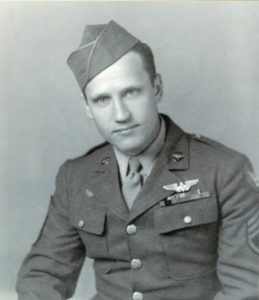
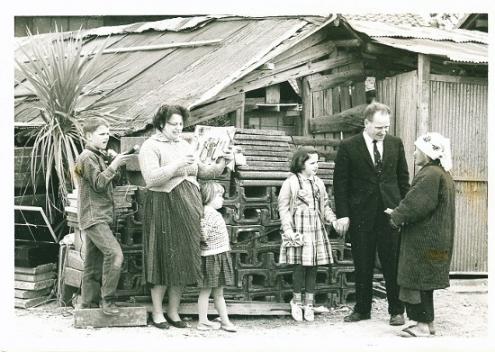
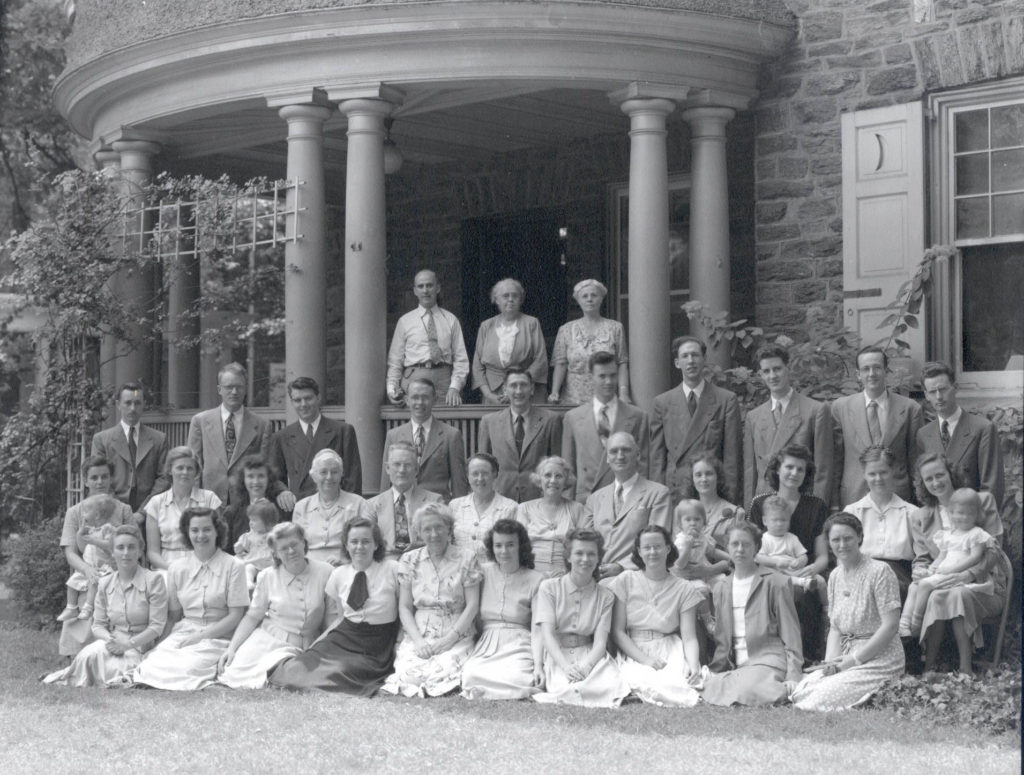

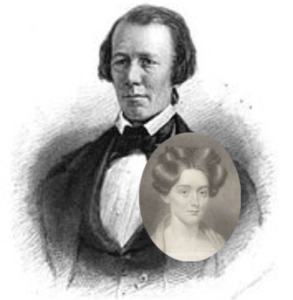 “And shall I now draw back? Shall I withhold anything from Jesus?” —Eliza Grew Jones, March 24, 1830
“And shall I now draw back? Shall I withhold anything from Jesus?” —Eliza Grew Jones, March 24, 1830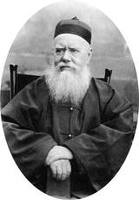 Most of us have at least heard the name of Hudson Taylor. Perhaps many of us know something about his life’s work, his beautiful relationship with Maria, and his establishment of the China Inland Mission. However, it seems that well known missionaries are often viewed as super-spiritual giants of faith who seldom, if ever, struggle with the “common” battles of “ordinary” Christians.
Most of us have at least heard the name of Hudson Taylor. Perhaps many of us know something about his life’s work, his beautiful relationship with Maria, and his establishment of the China Inland Mission. However, it seems that well known missionaries are often viewed as super-spiritual giants of faith who seldom, if ever, struggle with the “common” battles of “ordinary” Christians.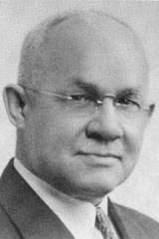 The year was 1914. William Christie had called China and Tibet home for twenty-two years when the outlaw band led by Bai Lang (also known as “White Wolf”) swept through Central China, ruthlessly pillaging and slaughtering. Through God’s protection, the missionaries of Min Chow were spared the physical harm that ravished their city and many others.
The year was 1914. William Christie had called China and Tibet home for twenty-two years when the outlaw band led by Bai Lang (also known as “White Wolf”) swept through Central China, ruthlessly pillaging and slaughtering. Through God’s protection, the missionaries of Min Chow were spared the physical harm that ravished their city and many others.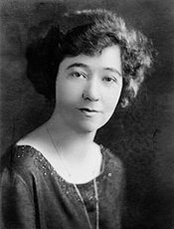 After twenty-two years of serving the Lisu, John and Isobel Kuhn came to a brick wall. It was 1950, and the communists recklessly took over China. With an uncertain future, Isobel (Belle) decided to take six-year-old Daniel to America for schooling. John agreed with their mission agency to survey Thailand before joining her. He assured Belle he would make no promises until they had discussed together the possibility of serving in Thailand.
After twenty-two years of serving the Lisu, John and Isobel Kuhn came to a brick wall. It was 1950, and the communists recklessly took over China. With an uncertain future, Isobel (Belle) decided to take six-year-old Daniel to America for schooling. John agreed with their mission agency to survey Thailand before joining her. He assured Belle he would make no promises until they had discussed together the possibility of serving in Thailand.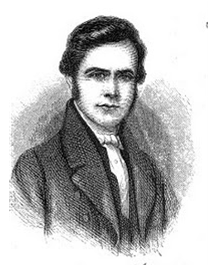 John Hunt sailed for Fiji in the 1800’s and immediately began studying the language and spending quantity time with the natives. Knowing the people motivated him to preach and begin translating the Bible within six months. He would first read from the Greek and English New Testaments, research word definitions, and study Bible resources. He then consulted many natives to improve his use of the Fijian language.
John Hunt sailed for Fiji in the 1800’s and immediately began studying the language and spending quantity time with the natives. Knowing the people motivated him to preach and begin translating the Bible within six months. He would first read from the Greek and English New Testaments, research word definitions, and study Bible resources. He then consulted many natives to improve his use of the Fijian language.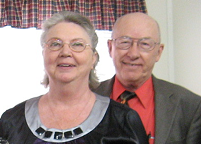 On May 10, 1968, the pastor’s wife and another lady from Beacon Hill Baptist Church in Dallas, Texas, were visiting new arrivals in their area. The house they planned to visit had whiskey bottles in the front window. The intended message was “Bad people live here; don’t mess with them.” The residents, Robert and Linda Huddleston, had bought the house and recently moved in. They had met at the Player’s Lounge where Linda was a bartender. The church ladies considered skipping this house, but they didn’t. Instead they won Bob and Linda to Christ!
On May 10, 1968, the pastor’s wife and another lady from Beacon Hill Baptist Church in Dallas, Texas, were visiting new arrivals in their area. The house they planned to visit had whiskey bottles in the front window. The intended message was “Bad people live here; don’t mess with them.” The residents, Robert and Linda Huddleston, had bought the house and recently moved in. They had met at the Player’s Lounge where Linda was a bartender. The church ladies considered skipping this house, but they didn’t. Instead they won Bob and Linda to Christ!